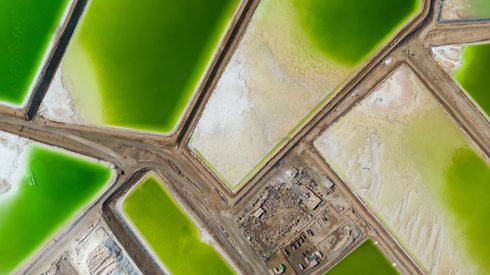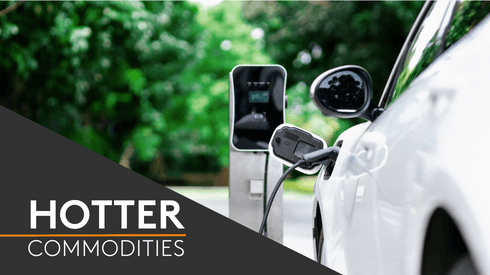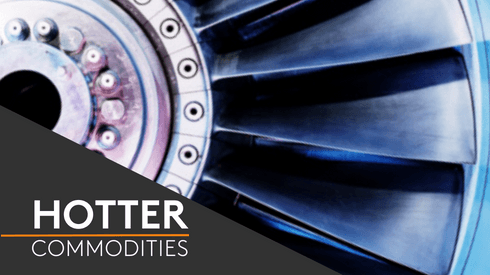Poor margins have been a fixture in the Asian black mass markets over recent months, but the latest moves by Korean recyclers suggest that the situation is becoming more severe.
“Many recyclers in Korea are operating at just 50% capacity. Metal prices have stayed soft for several weeks now. The current situation is that the more black mass we process, the higher the loss we suffer,” a key South Korean black mass consumer said this week.
“We have plans to procure some volumes for production activities in the second half of 2024, but they are not urgent plans. Most recyclers are in no hurry to purchase fresh materials, even though the [end-of-year] holiday season is approaching in Europe and the US. Most of them have inventories [to last] more than one month,” a buying source told Fastmarkets.
“I heard offers for nickel cobalt manganese [NCM] black mass but there is no interest. In Korea, most recyclers are considering production cuts [because there is] no demand,” a Korean trading source said.
A sustained drop in lithium carbonate prices was also hampering demand for black mass, given the dwindling margins available to battery metal recyclers.
“Payables are down [and] it is a quiet market these days – [the price of] lithium going down is not helping,” a European trading source said. But he added that concerns held by some about the shockwaves created by Li-Cycle’s struggles are “not really affecting the big picture.”
Offers of NCM black mass were heard from the US at payables of 71-72% CIF South Korea for nickel and cobalt including the value of lithium, while buying interest was heard at 60-70% CIF, Fastmarkets heard.
An offer of Japan-origin NCM black mass was also heard at 80% CIF South Korea for nickel and cobalt, including value for lithium, late last week.
Fastmarkets’ South Korean black mass payable assessments calculate lithium separately from its nickel and cobalt payables, in line with demand from the market.
Fastmarkets’ price assessments for black mass, NCM/NCA payable indicator, nickel, cif South Korea, % payable LME nickel cash official price, and for black mass, NCM/NCA, payable indicator, cobalt, cif South Korea, % payable Fastmarkets’ standard-grade cobalt price (low-end), were both 67-70% on November 22, widening downward by 0.02% from 67-72% on November 15.
The assessment for black mass, NCM/NCA, payable indicator, lithium, cif South Korea, % payable Fastmarkets’ lithium carbonate 99.5% Li2CO3 min, battery grade, spot prices cif China, Japan & Korea, was 4-5% on Wednesday, unchanged week on week.
Deals for lithium cobalt oxide (LCO) black mass were heard at 74-75% CIF Southeast Asia this week, but demand in South Korea for this type of material remained lackluster.
Want more insights and forecasts for the battery recycling and black mass market?
Keep up to date with global market insights and predictions for the battery recycling market with the Fastmarkets NewGen Battery Recycling Outlook.






